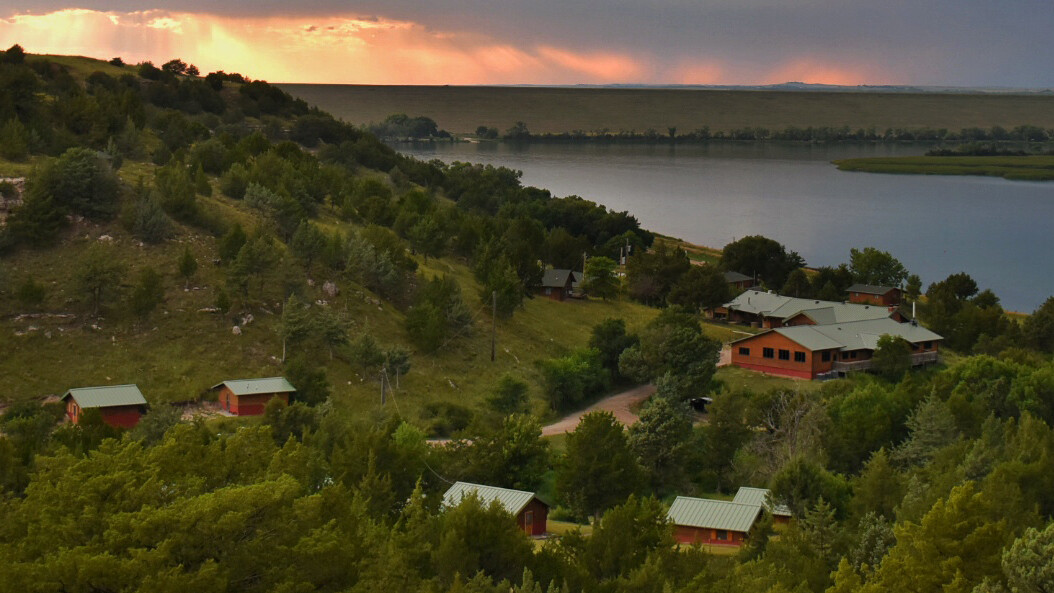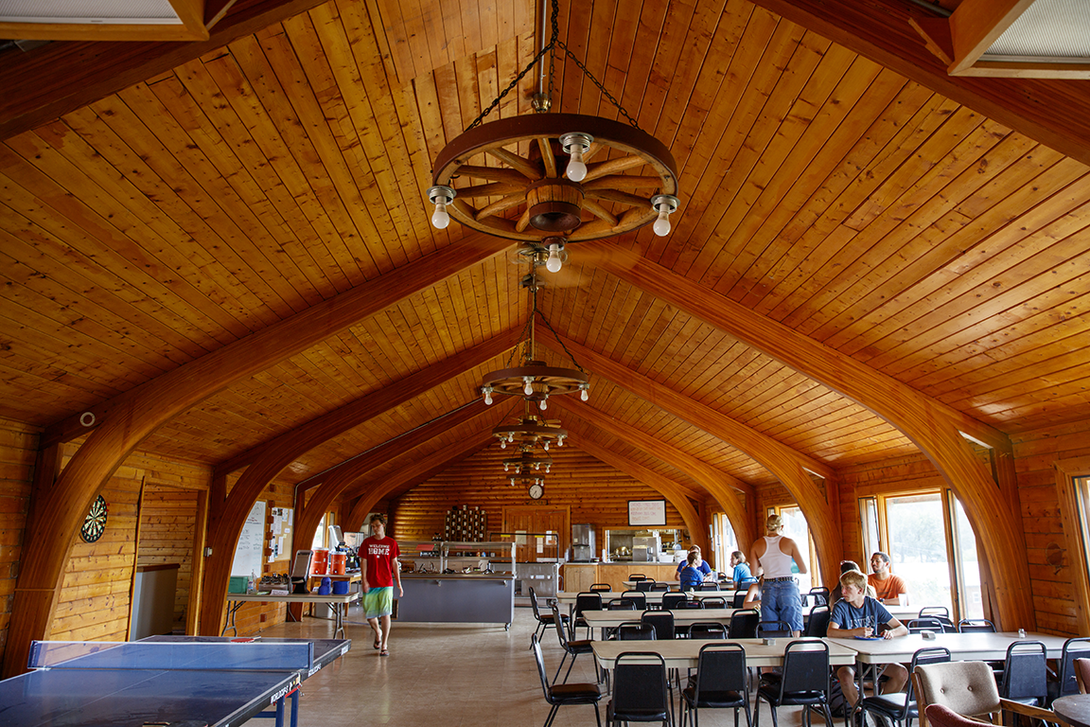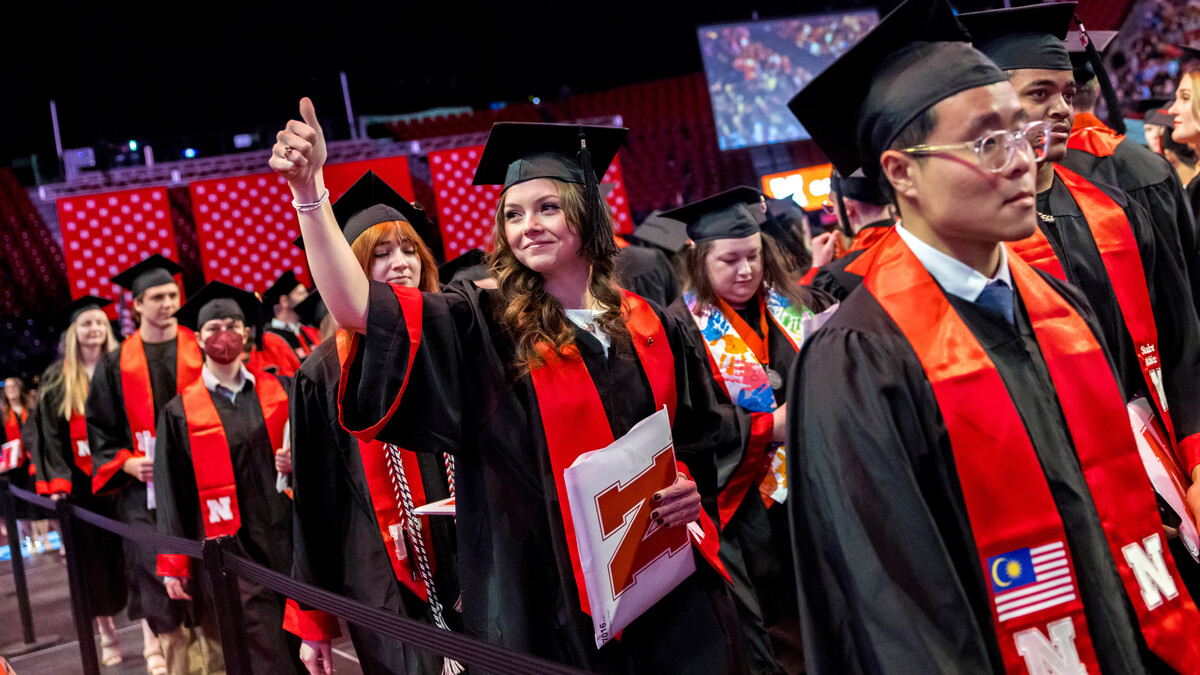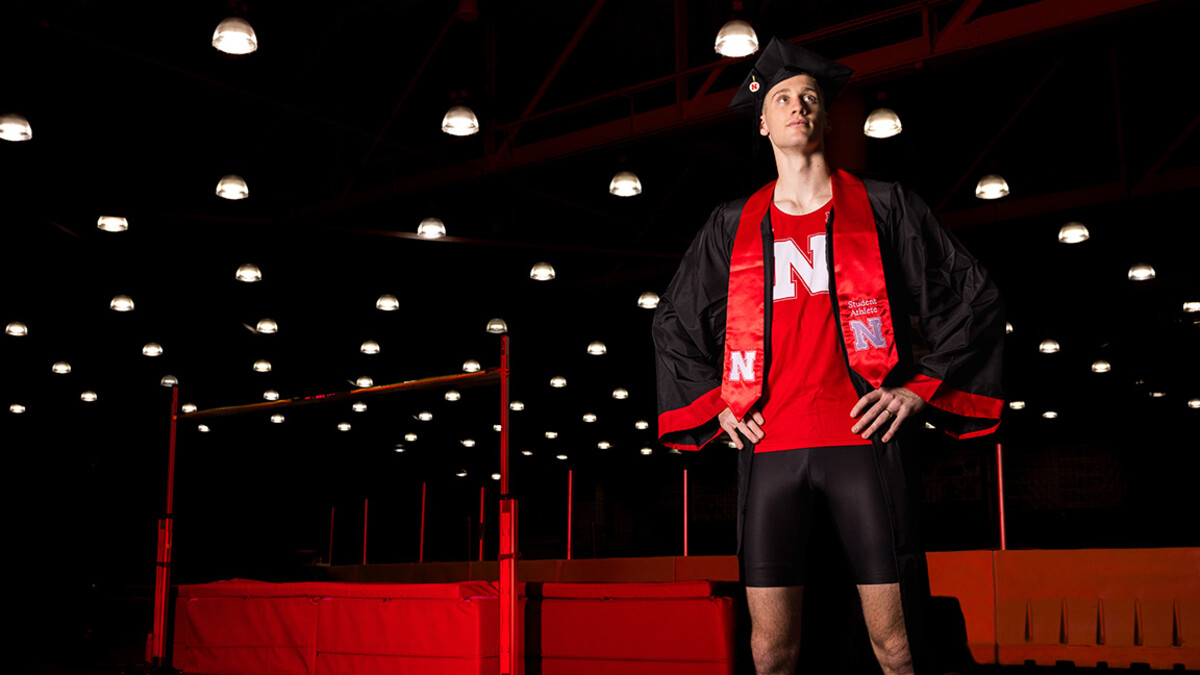
On the shores of Lake Ogallala, the University of Nebraska–Lincoln’s Cedar Point Biological Station offers a getaway to explore the natural world and learn about everything from birds to books to biodiversity.
Every summer, Cedar Point hosts people from across disciplines, like scholars who visit to research the land and the wildlife, and youth who attend STEM camps.
John DeLong, professor in the School of Biological Sciences and director of Cedar Point, said the station gives people a chance to retreat to a place where they can get out of the classroom and into the real world.
“All the stuff we do at the university feels more relevant when you do it in a place-based context, where you’re back close to the earth,” DeLong said.
Here are some of the events Cedar Point is hosting this summer:
Classes
A parasitology class taught by Scott Gardner, professor in the School of Biological Sciences, will visit the station for a course beginning in late July. The class has been held in some form at Cedar Point for 50 years.
“It’s very much a teaching and research discovery class, where they discover new parasites and they learn how to find them and identify them and understand their biology,” DeLong said.
Cedar Point will also host Literature and the Environment beginning in late May. The material includes books about the Great Plains and by authors from the region.
A number of other courses in fields like herpetology, epidemiology and ecology will also be held at the station over the summer.
“The topics are different but the commonality is you’re outside trying to be in the real world away from your screens, in nature, and you can think about nature in different ways,” DeLong said. “You can process people’s stories, but you can also process samples.”

Wildlife research projects
University faculty and students will conduct research on a number of creatures, including box turtles, botflies, tree swallows, jumping spiders, rattlesnakes, horned lizards, plovers and killdeer.
Some of these are long-term, ongoing projects while others are shorter undertakings. Nebraska undergraduates can also be part of some of these research teams over the summer.
Camps
Young Nebraska Scientists, a University of Nebraska program that provides STEM enrichment activities to youth, will bring high school students from across the state to a summer camp to study biodiversity in the real world in July. Other groups will also host science camps at the station throughout the summer and fall. Through the camps, young scientists gain exposure to opportunities available to them in the future while also getting to have fun in the outdoors, DeLong said.
“We tag team across different research projects so they get a broad introduction,” DeLong said. “They get to get outside and see for themselves that there are people out there doing different kinds of work and go see some of that in action … Those students will sometimes end up back out there as college students doing research.”
Cedar Point will also host a middle school arts camp. This is targeted at students in Keith County and others who live in the area.
Writing retreats
Cedar Point will hold its annual graduate student and postdoc writing retreats May 21-24 and in early September. The retreats are designed for graduate students in the sciences, socials sciences and humanities.
Participants spend three-and-a-half days learning about writing strategies. For example, they talk about a technique they call “parking downhill,” which involves making a plan for exactly what specific task you will do when you return to a piece of writing you’ve taken a break from. Deciding on a “parking brake,” or the next paragraph, sentence or thought, helps to get back to work more quickly.
“They’ve all been in English class, but when it comes to actually writing for their work, it’s not the same,” DeLong said. “How do you get into that space? How do you make it a habit? The retreat is meant to give you some tools to dial that in.”
They also have dedicated blocks of writing time and opportunities to explore the station and do outdoor activities like canoeing. Getting away from the distractions of everyday life can help create a focused environment for writing, DeLong said.
“When you go out to a retreat at a field station like Cedar Point, all that is gone,” he said.







